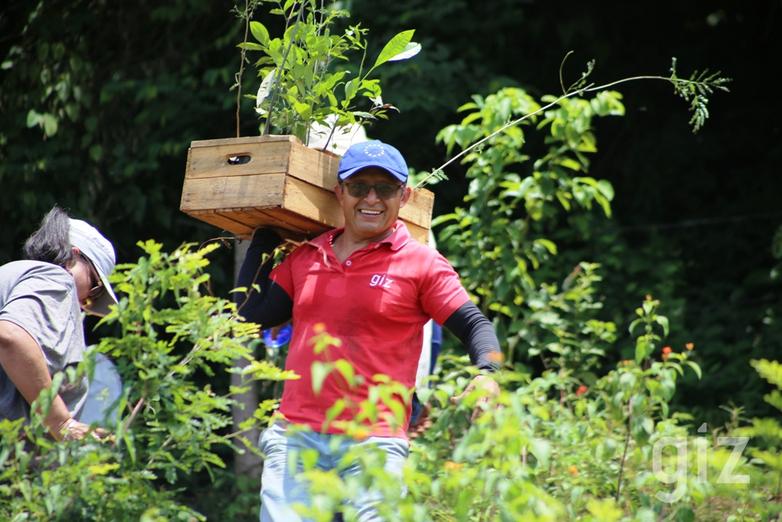CONTEXT
Mesoamerica is one of the regions most severely affected by the consequences of climate change. Deforestation, soil degradation resulting from non-adapted agricultural use, and monocultures put the remaining forests at serious risk. The project responds to these challenges by strengthening forest and landscape restoration, promoting deforestation-free agricultural supply chains, and supporting compliance with the European Union Regulation on deforestation-free products (EUDR).
OBJECTIVES
The project seeks to improve the quality of life of local communities, especially small farmers, and to protect the Great Forests of Mesoamerica and other forest areas through deforestation-free agricultural and forestry practices. The inclusion of women and Indigenous Peoples is central, promoting empowerment, fairer governance, and economic opportunities.
APPROACH
The project operates in Central America, focusing on large cross-border forest landscapes and coffee-growing areas. It strengthens governance by working with SICA (Central American Integration System) bodies related to Environment (CCAD), Agriculture (SECAC), and Economy (SIECA), promoting sustainable landscape restoration and trade. A key innovation is the development of Digital Public Infrastructure (DPI) (see also the Digital Integration of Agricultural Supply Chains Alliance, DIASCA), which integrates open-source tools and standards for traceability, deforestation monitoring, and inclusive participation of small farmers, cooperatives, and women-led organizations. The main measures include: (1) promoting restoration measures in biological corridors, (2) fostering regional dialogue and public-private partnerships to advance deforestation-free supply chains and territorial restoration, and (3) deploying digital solutions based on DPI that enhance transparency, interoperability, and equitable access to markets.
